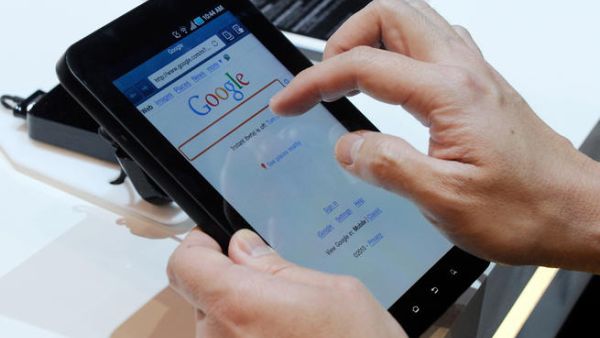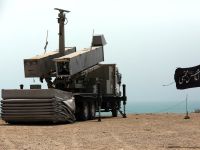Thanks to modern communication technology, new revolutions and revolutionaries are much luckier than their previous counterparts. The internet, for instance, has become a nightmare for dictators and despots, who no longer can do what they used to do a decade or so ago.
Not far back, i.e., before the age of the cyberspace, tyrants, together with their barbaric security apparatus, could easily annihilate thousands of their people as if they were a swarm of flies.
But now, despots will think thrice before sending in their armed forces to put down popular uprisings and revolts. They no longer can burn out a village or flatten out a city that rises against them. We can safely say now: goodbye to the age of mass massacres.
Not so long ago, some dictators could commit horrible crimes against humanity without being exposed, as their countries used to be tightly closed from all sides. And the local media had no mission but to sing the praises of the despots, namely what they used to dub as "their historic achievements", when in fact they used to achieve only havoc and killing.
Not too many people could, in those dark days, have a recorder or a camera, let alone carry one, as the security thugs could not only confiscate those gadgets, but also break the necks of those carrying them.
I myself have seen TV cameras being broken to pieces simply because some reporters tried to do a report about this or that demonstration. I also know friends who have been languishing in prison for years simply because they tried to cover a rally or interview demonstrators. It used to be a dangerous and extremely hard mission to get to report a social uprising.
Eyewitnesses could tell their stories later, but with much less effect, let alone being taken seriously. Add to this the fact that they could hardly reach a wide audience. And so tyrants managed to spill rivers of blood without being caught red-handed.
It was only the late Iraqi president Saddam Hussain, who was supposedly tried for crimes against humanity, and funnily enough, not by his own people, but by the Americans, who seem to have done that to cover their own atrocities in Iraq.
Arch enemy
Gone are the days when tanks used to bury hundreds of people in a mass grave, as communication technologies have become tyrants' arch enemy. Millions of people the world over can now rely on the open skies for revolution and liberation.
Social uprisings have become too simple and easy, as the new technologies can expose everything. These days, almost everybody has a mobile phone, even the wretched. People now prefer to go without food to save up to buy a mobile, which has become the most lethal weapon against despots and dictators.
Anybody who carries one can easily become a reporter on the spur of the moment. He or she can readily video record or photo demonstrations, or, for that matter, the clashes between the police forces and the demonstrators and activists.
Whereas the security services used to behave as savage beasts in the past, they now are being under surveillance. I have friends now who have dozens of photos and recordings of policemen battering demonstrators in the streets. They think of publishing them or sending them to human rights organisations, which can greatly deter others in the future.
Add to this of course the fact that anyone can now lodge law suits against Arab officials in American and world courts. There are also UN courts which accept suits for no cost, which will make policemen think twice in the future before beating a demonstrator to death in public.
We all remember how even the US police was in hot water a few years ago after somebody video recorded a group of officers beating a black man. The incident did not only condemn the police, but also led to widespread trouble in black areas.
Blessed revolution
It took the Tunisian people a couple of mobile phones to transmit to the world their blessed revolution. And thanks to the internet, mobile phone holders can now in no time beam their footage on several sites, namely YouTube and Facebook for millions to watch the world over.
Were it not for Facebook, the latest Tunisian uprising could have hardly succeeded, as the late regime used to control the media ever so tightly. No satellite TV station could report what was happening in Tunisia, but thanks to the internet, the whole world came to watch the scenes of the Tunisian revolution both on the internet and on satellite channels. Some Arab televisions heavily depended on internet footage for their coverage of the Tunisian event.
The World Wide Web proved to be more resilient and effective than all other media put together, because it belongs to the cyberspace and thus can hardly be controlled. Although the deposed president set up a special ministry for the internet in Tunisia, he was the first victim of it.
The Tunisian youths defeated Zine Al Abidine Bin Ali and the giant computers he spent millions of dollars on. It was reported some years ago that Bin Ali bought a giant computer for more than $20 million (Dh73.56 million) to control the internet flow in his country, but to no avail.
Freedom fighters will, from now on, fare ever so well in their struggle against despots and dictators.
God bless the new communication technology and those who made it readily available for the oppressed of our times!
By Faisal Al Qasim








